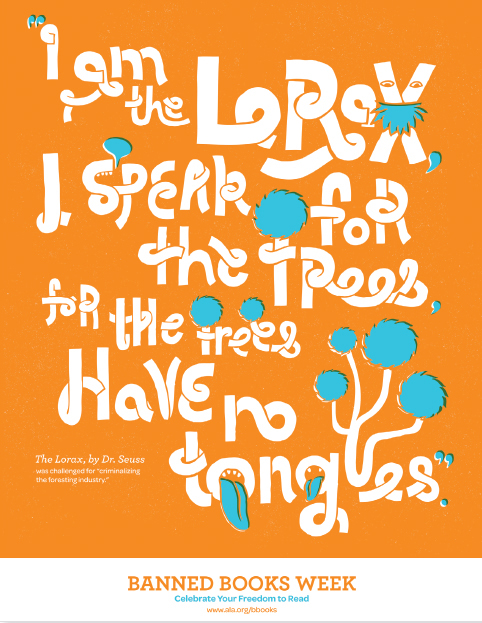Censorship
Printed Page 54

Throughout human history, rulers intent on maintaining their power have censored or banned books to prevent people from learning about alternative ideas and ways of living. For example, in various parts of the world, some versions of the Bible, Karl Marx’s Das Kapital (1867), The Autobiography of Malcolm X (1965), and Salman Rushdie’s The Satanic Verses (1989) have all been banned at one time or another. (For more on banned books, see “Media Literacy Case Study: Banned Books and ‘Family Values’.”)
In the United States, censorship and banning of books are illegal. But citizens can sometimes force the removal of books from public or school libraries if enough people file a formal complaint—a book challenge—about subject matter they find objectionable in particular books. The American Library Association (ALA) compiles a list of the most challenged books in the United States. Common reasons for challenges include sexually explicit passages, offensive language, occult themes, violence, homosexual themes, promotion of a religious viewpoint, nudity, and racism. The ALA defends the right of libraries to offer material with a wide range of views, and does not support removing books on the basis of partisan or doctrinal disapproval.
This tension between citizens’ desire to suppress printed materials they find objectionable and the desire to uphold freedoms guaranteed by our Constitution has long characterized our democracy—and will likely continue to do so.